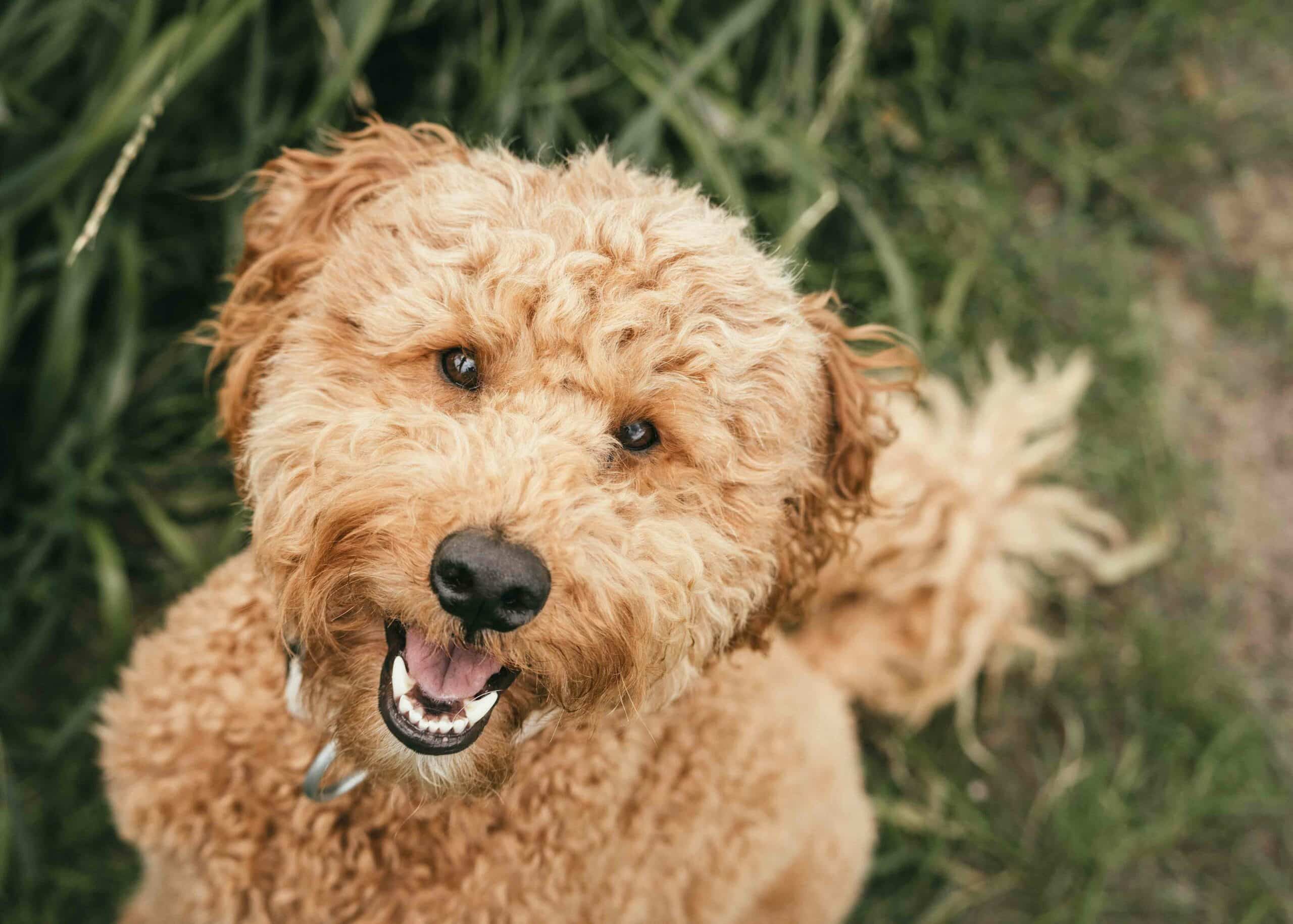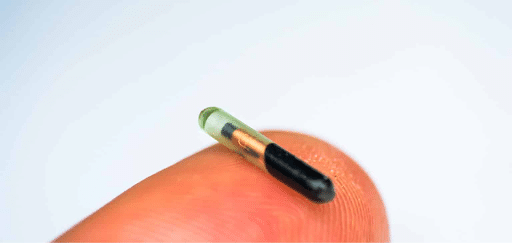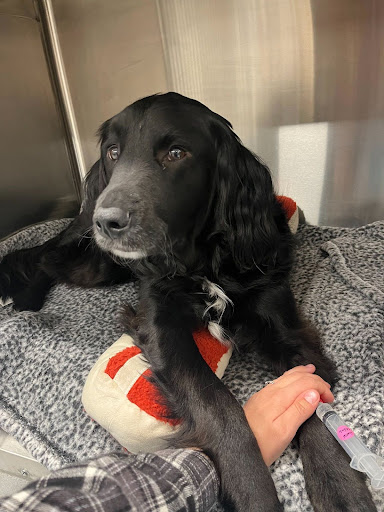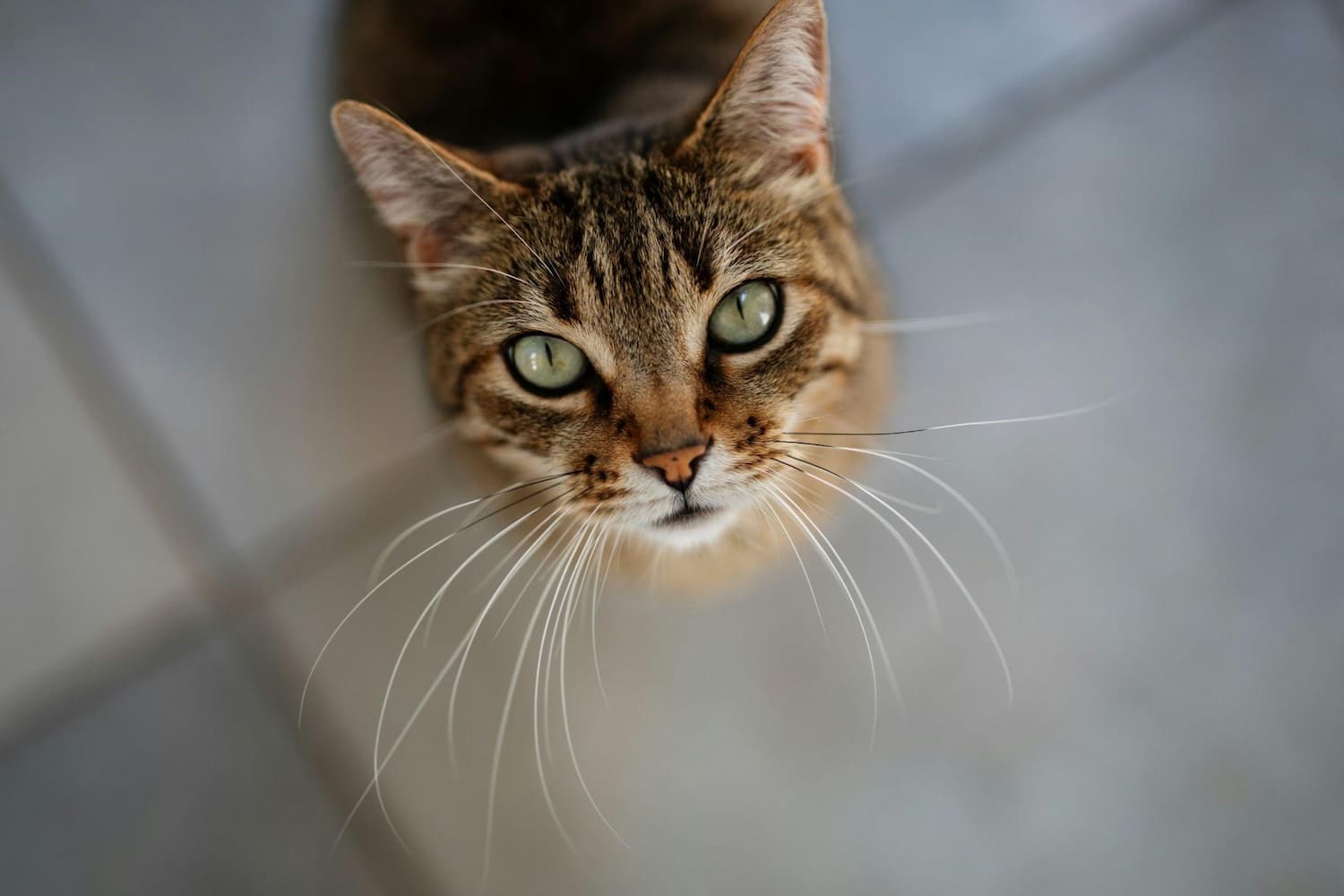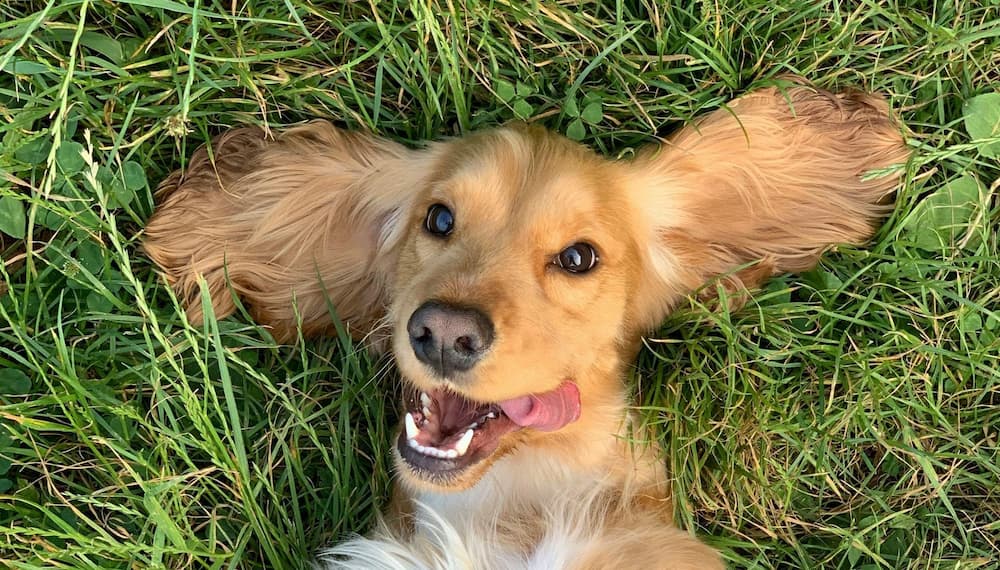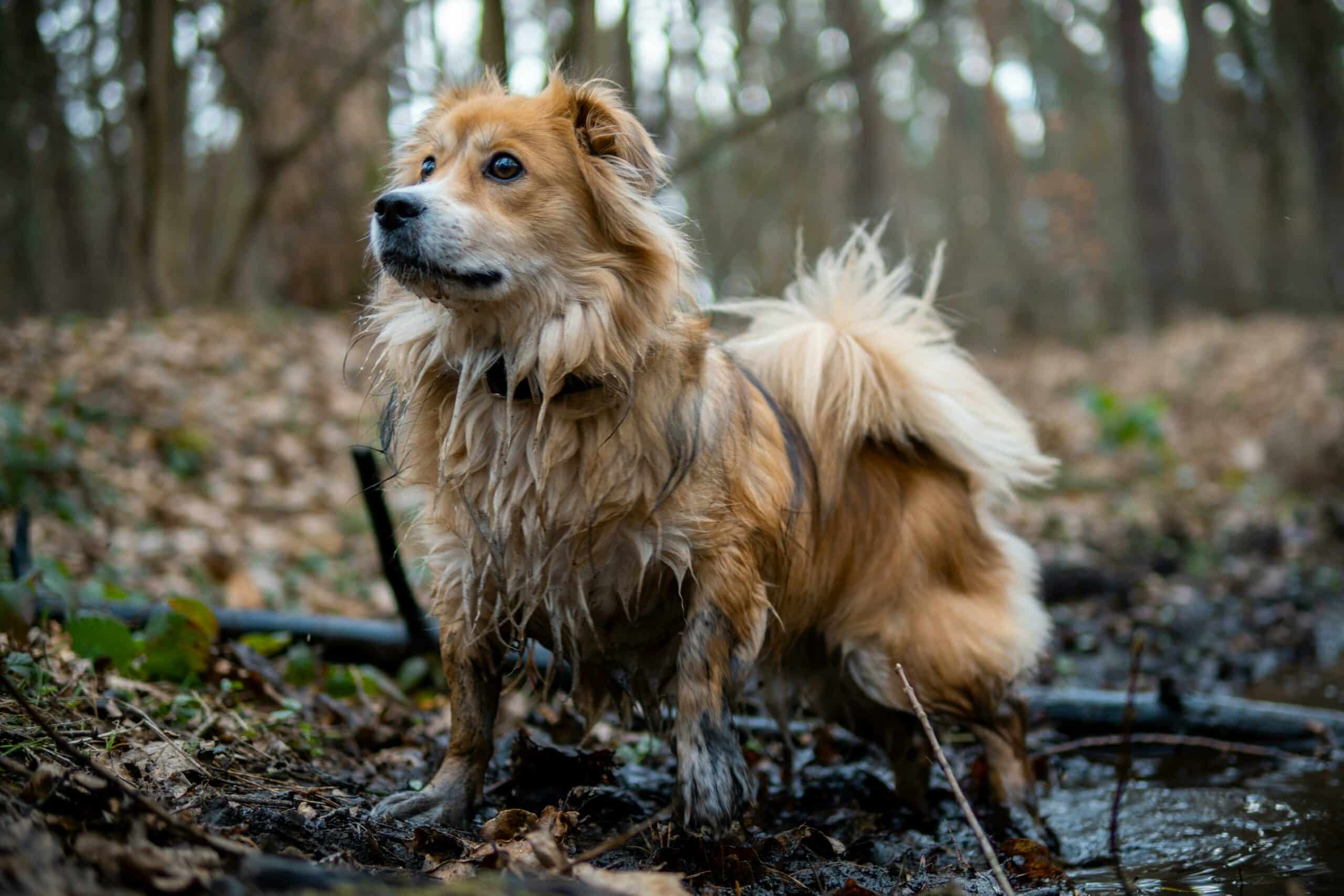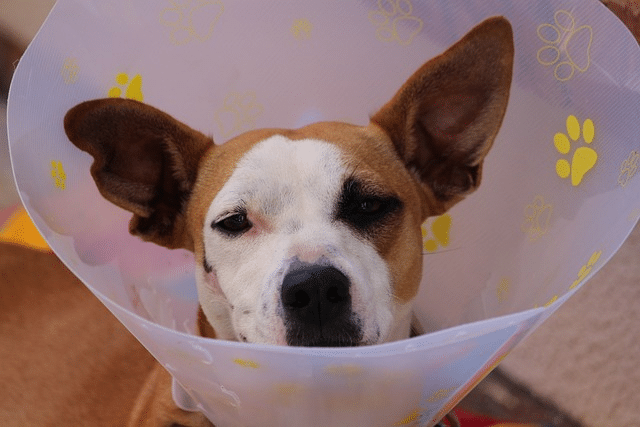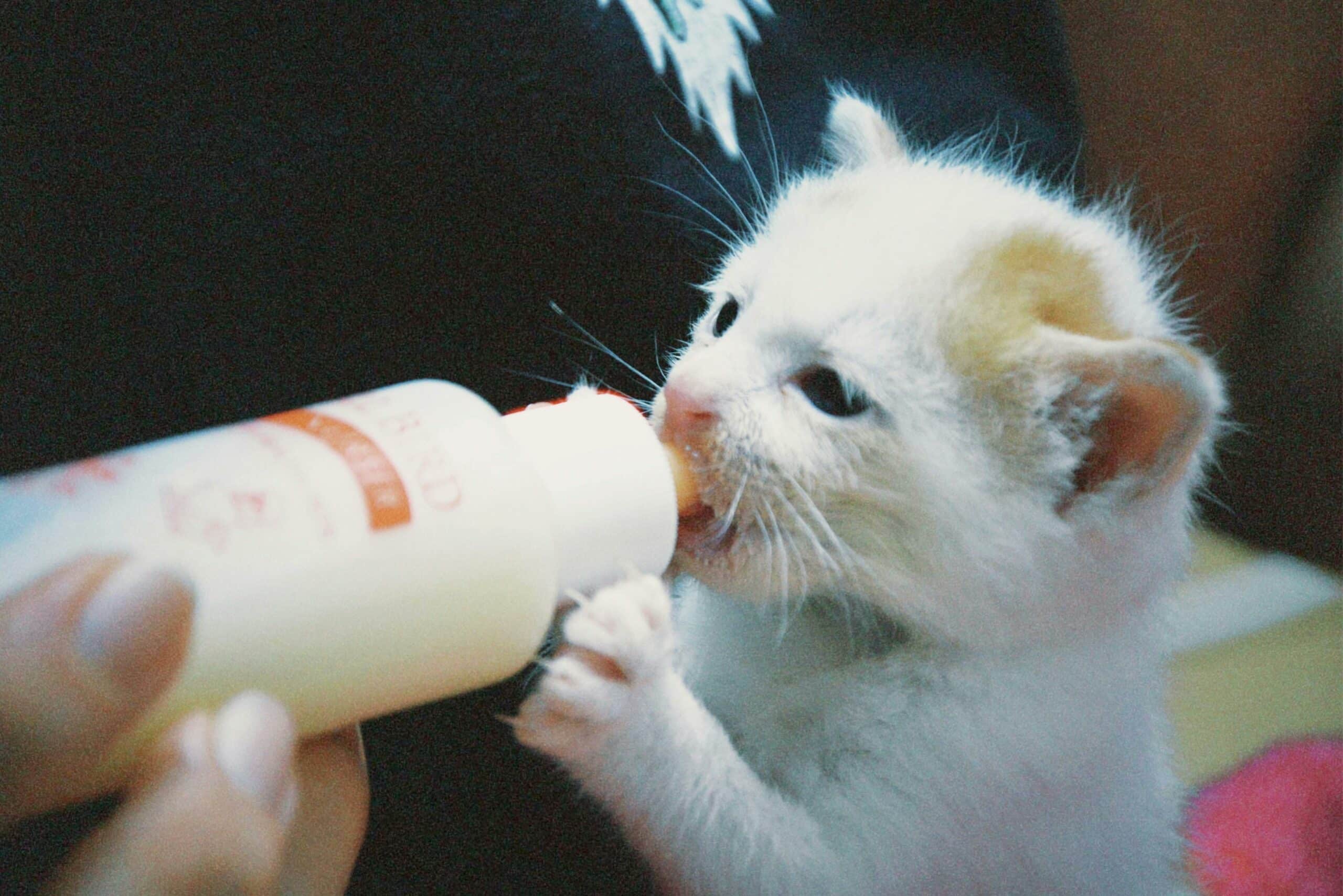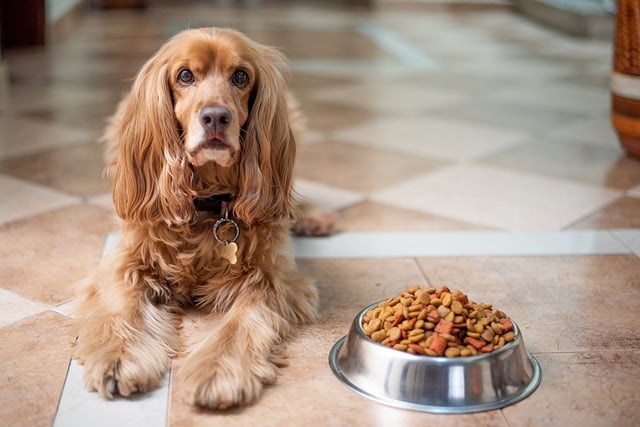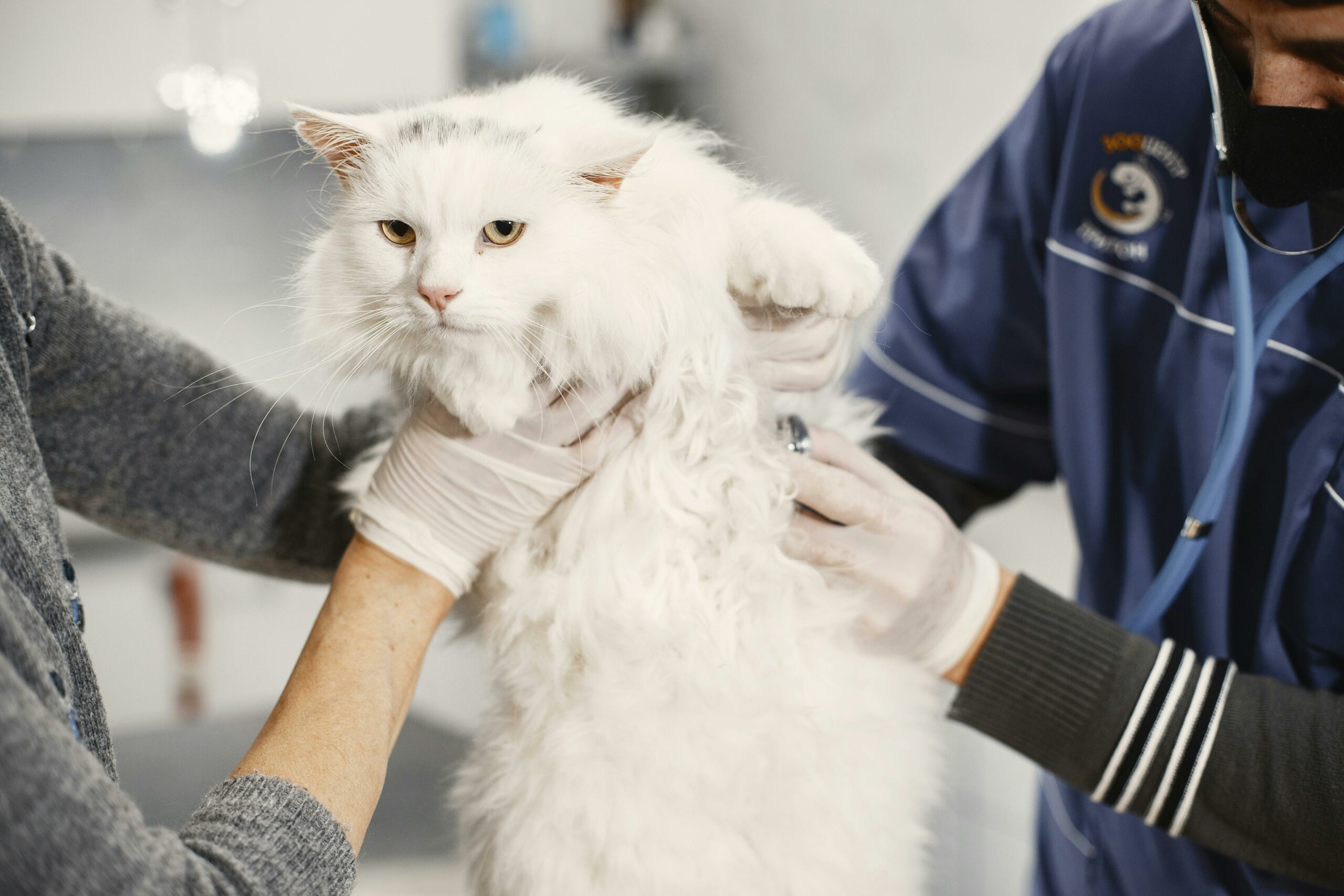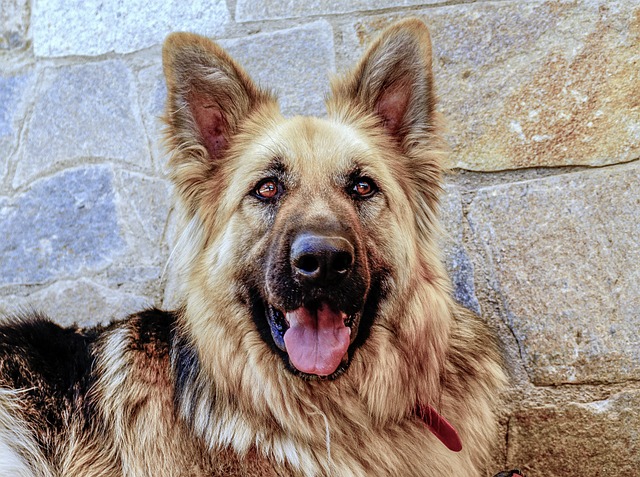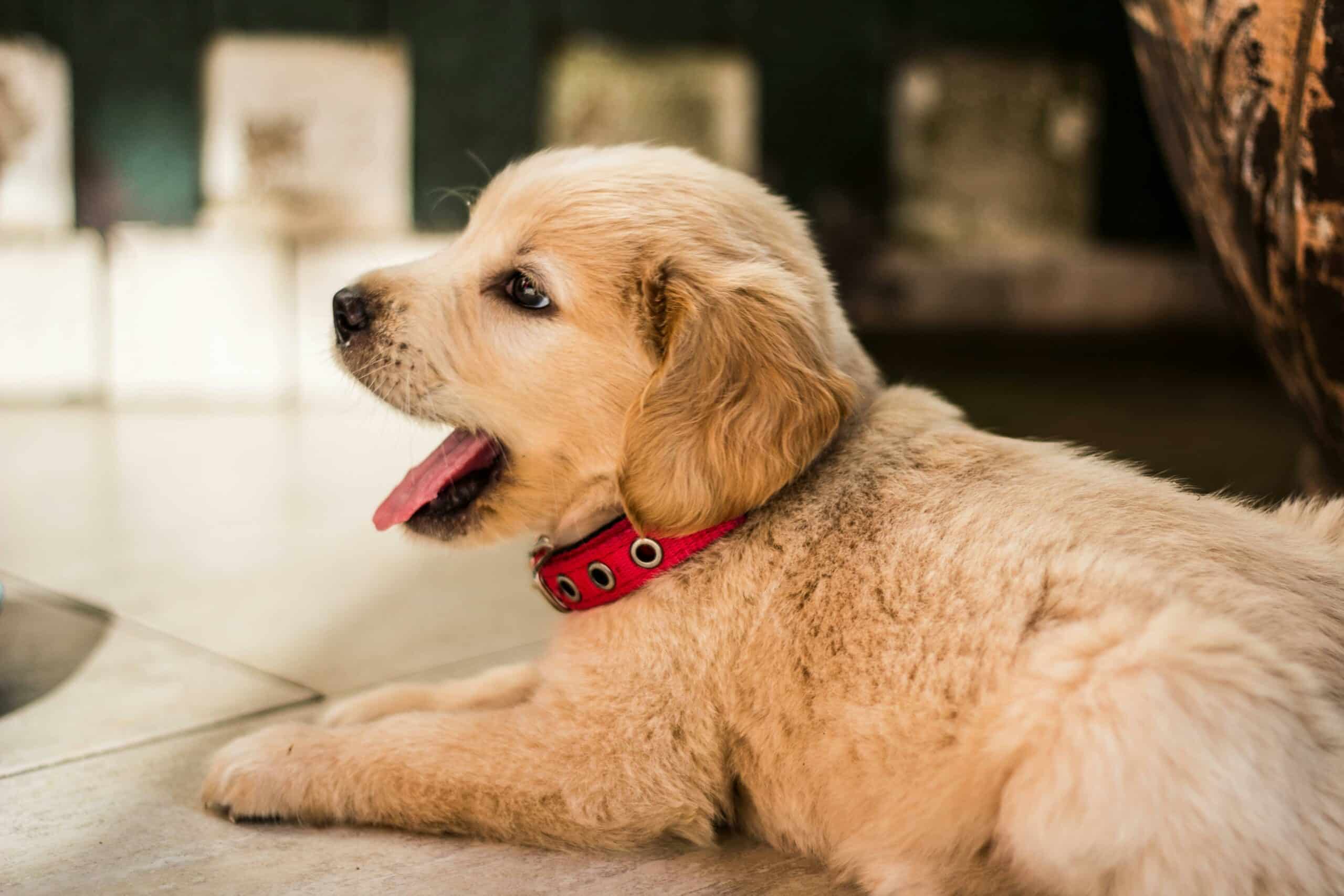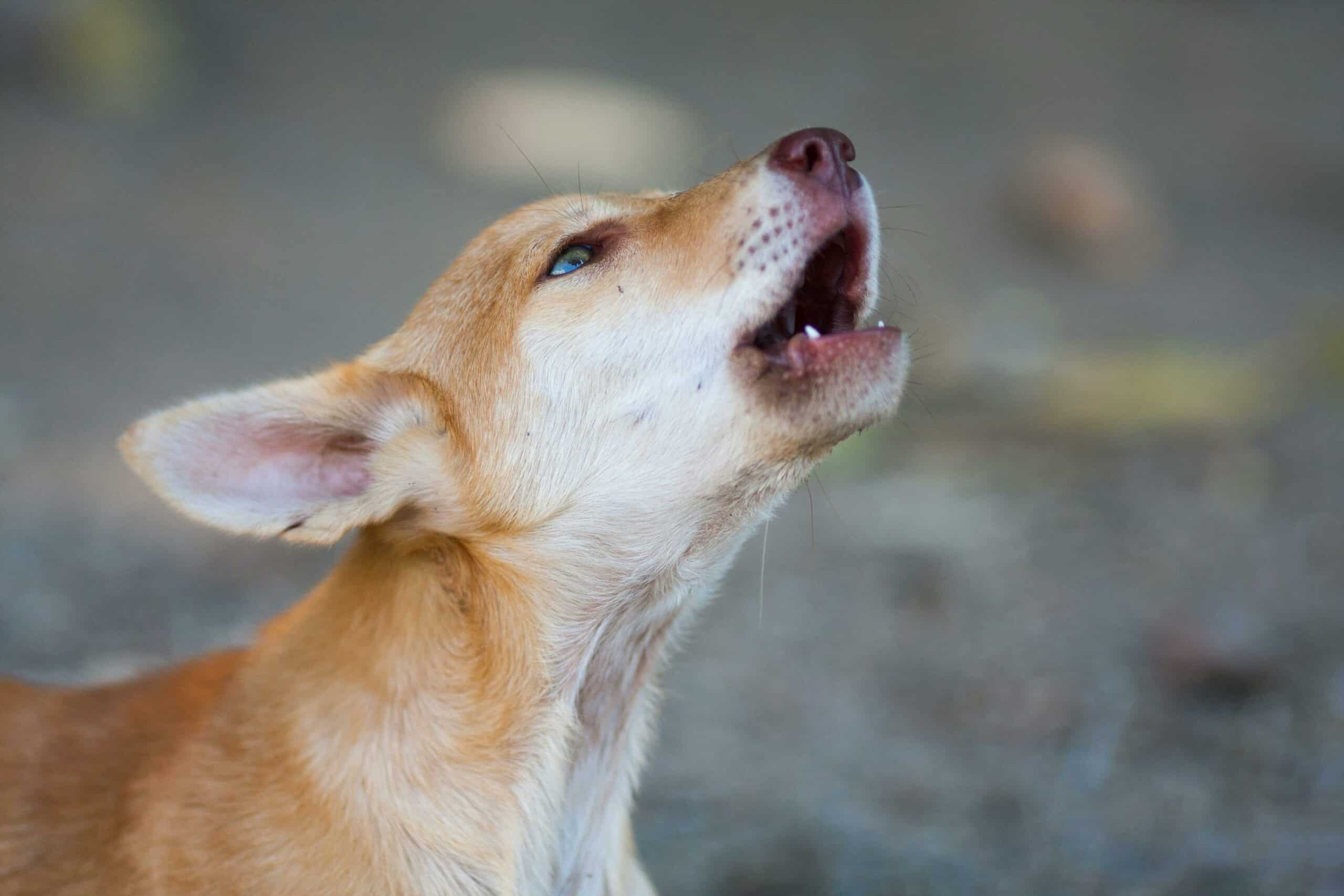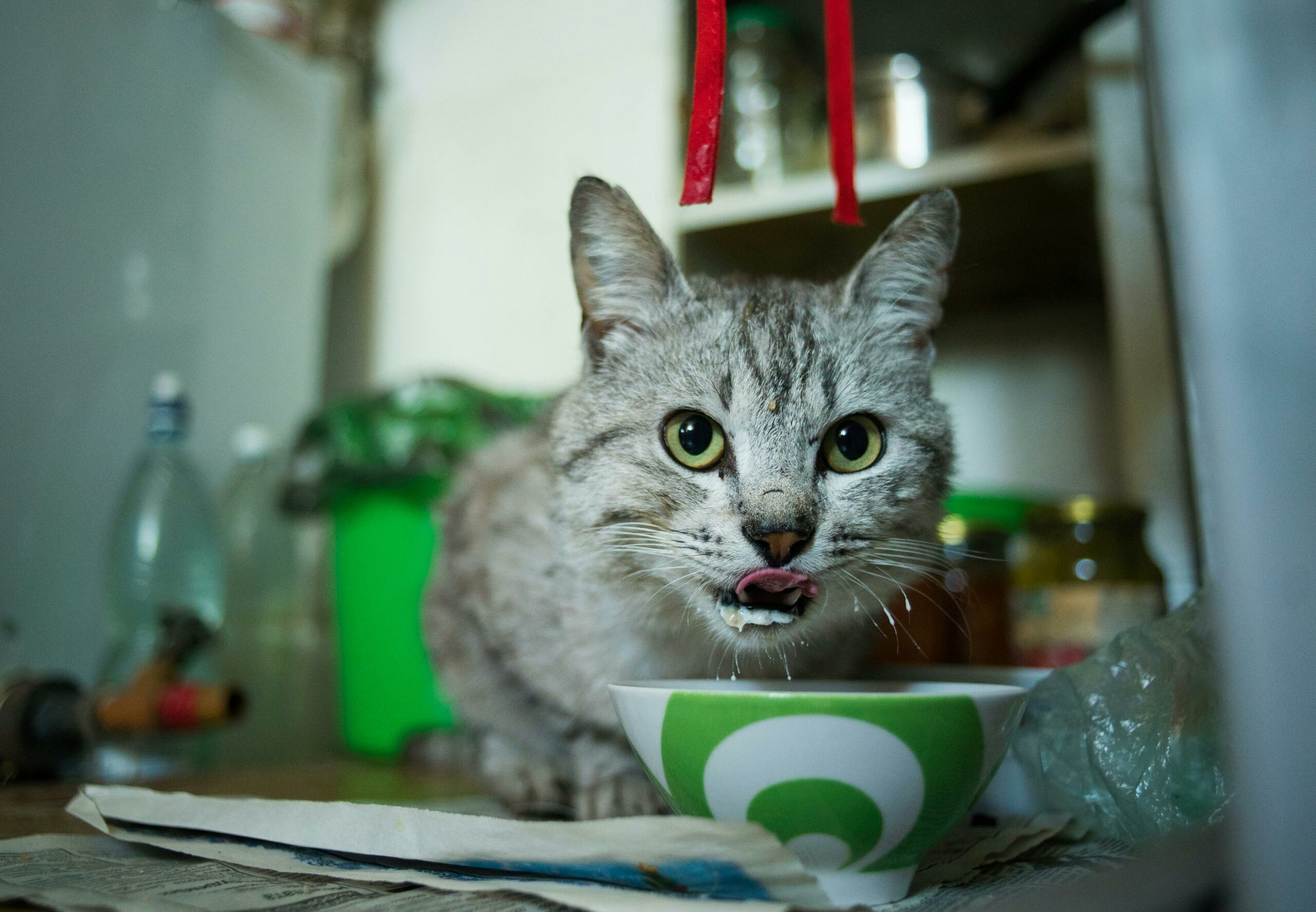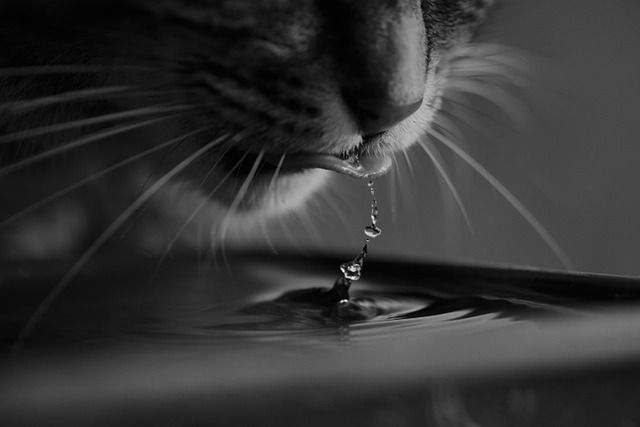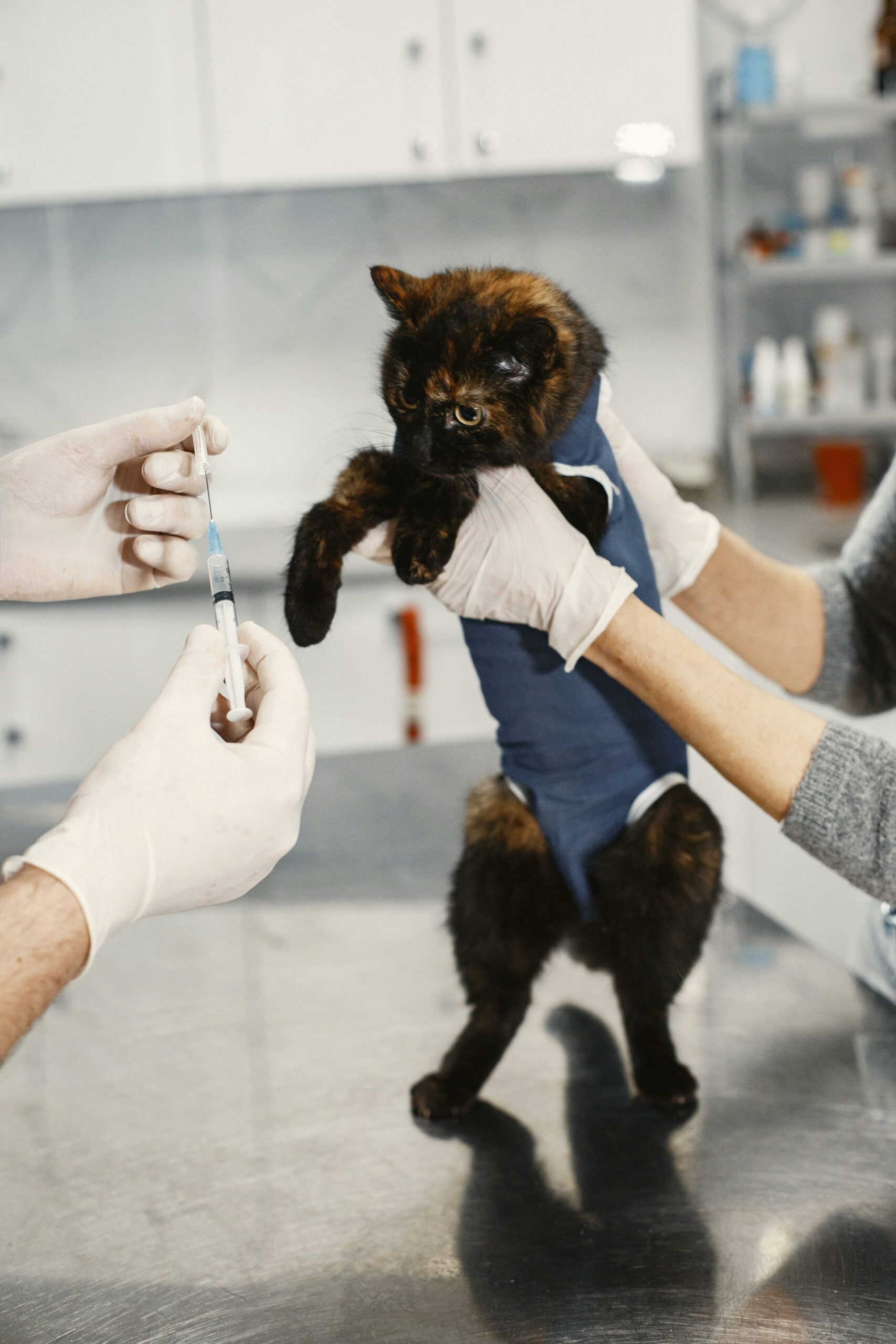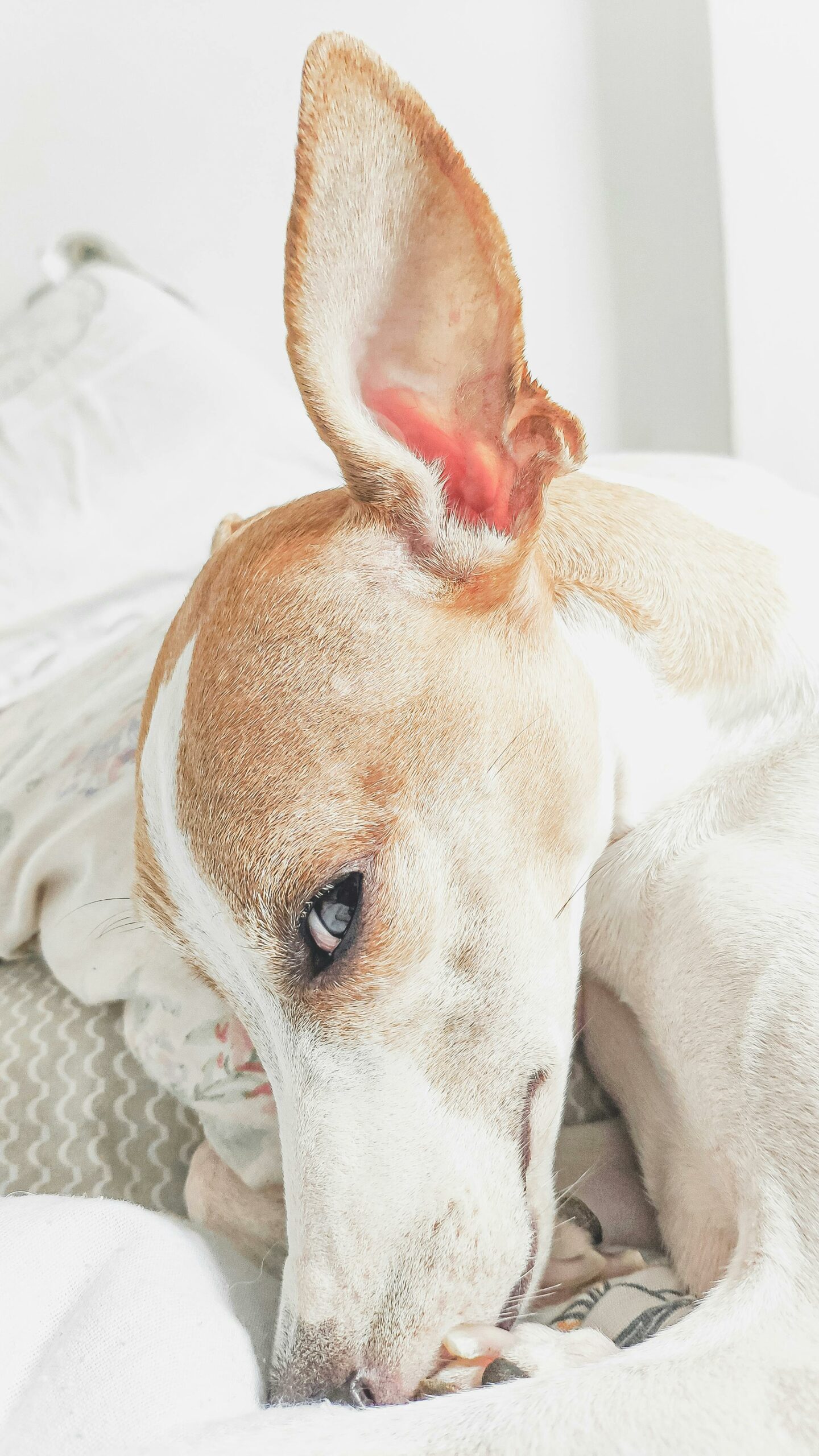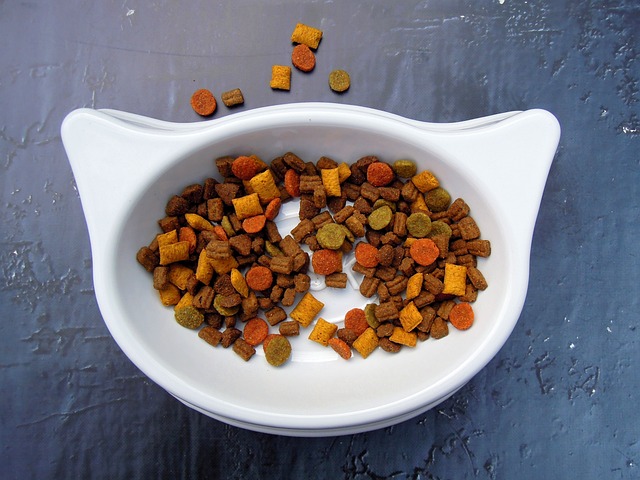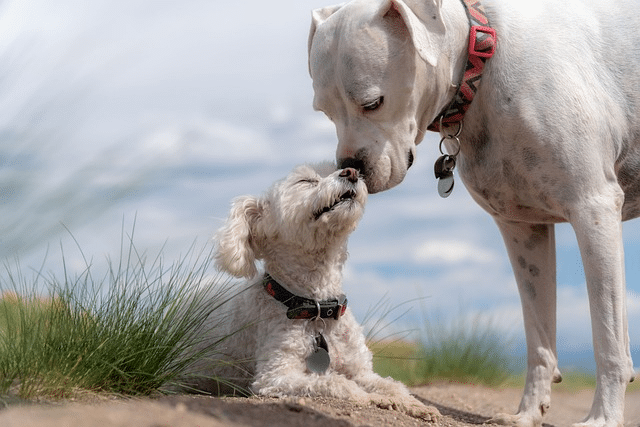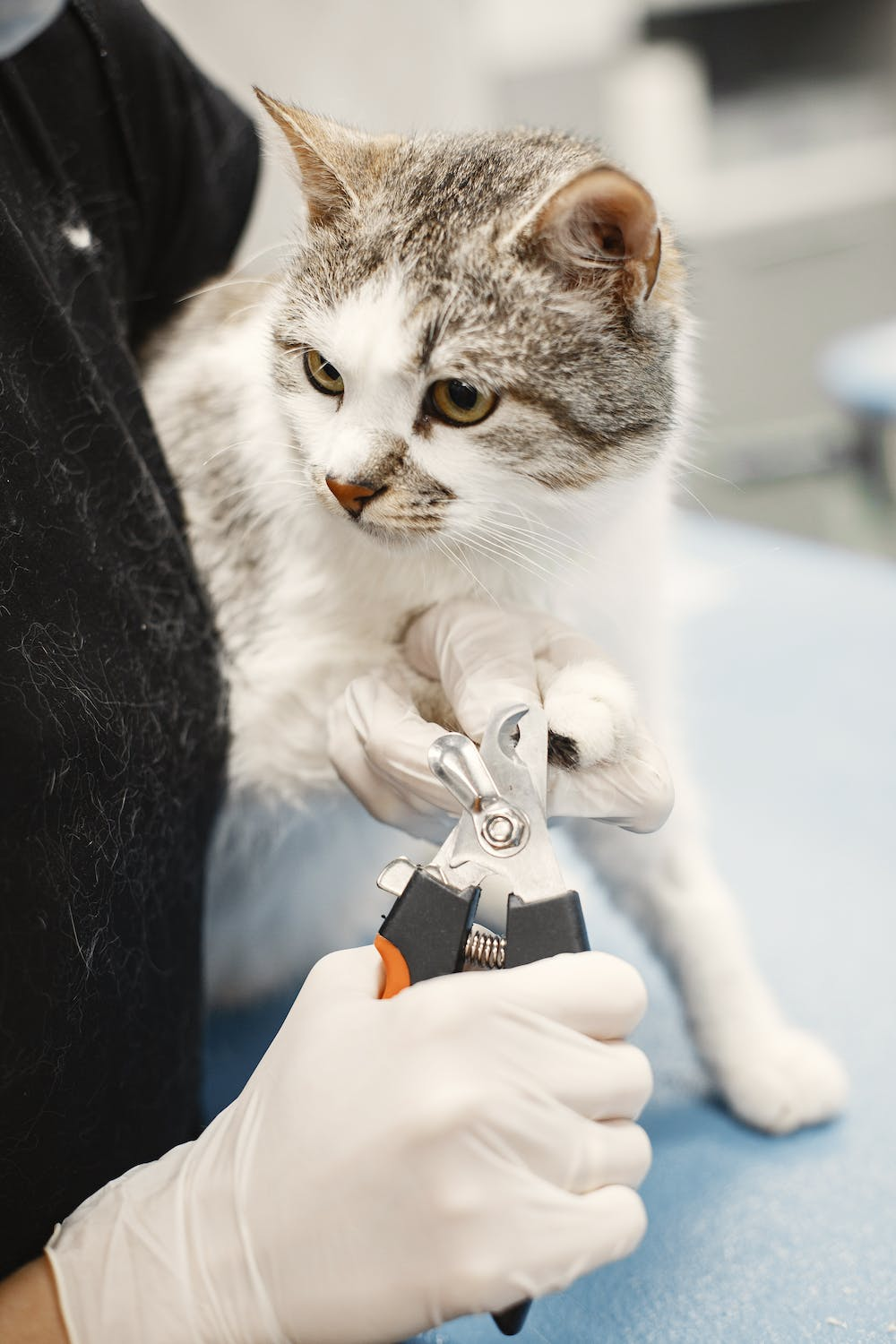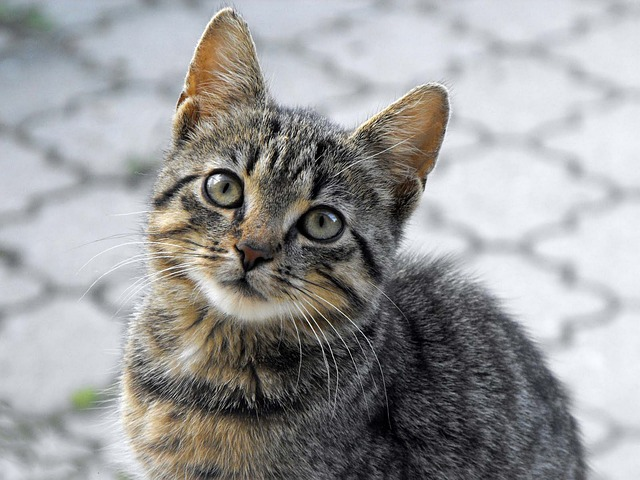Over 80% of dogs and 70% of cats develop some form of periodontal disease by the age of three, yet dental care remains one of the most overlooked aspects of pet health. We see countless pets suffering from preventable oral diseases that could have been stopped with proper attention to dental hygiene.
Just like proper nutrition and regular exercise, dental care forms a cornerstone of your pet’s overall well-being and quality of life. We understand that proactive dental care goes far beyond preventing bad breath—it actively contributes to your pet’s happiness, comfort, and can even extend their lifespan.
Throughout this guide, we’ll explore the hidden dangers of neglecting oral health, show you how to spot warning signs, and provide practical steps for effective dental care, both at home and with professional help.
The Hidden Dangers: Why Oral Health Matters More Than You Think
Beyond Bad Breath: Systemic Health Risks
Bacteria from untreated dental issues in the mouth can enter the bloodstream and spread to vital organs such as the heart, kidneys, and liver. This bacterial invasion can lead to serious systemic conditions like endocarditis, liver abscesses, or kidney infections, potentially shortening your pet’s life.
Recent studies show that cats with advanced stages of periodontal disease were 1.5 times more likely to develop chronic kidney disease, while dogs with advanced periodontal disease were 2.3 times more likely to develop chronic kidney disease and 6.3 times more likely to develop endocarditis.
Picture an infection in your pet’s mouth silently affecting their heart—this makes it clear why comprehensive dental care is directly connected to promoting good dental health in pets and preventing these devastating complications.
Common Oral Diseases in Pets
Periodontal disease is the most common dental condition in dogs and cats, starting with plaque and tartar buildup and progressing to painful gum infections and tooth loss. We also see endodontic disease (tooth pulp disease) which causes significant discomfort and can spread infections throughout the body.
Developmental abnormalities like malocclusions (misaligned teeth) and overcrowding increase the risk of plaque buildup and gum disease, particularly in smaller breed dogs. Plaque, a soft film, hardens into tartar within days, and this tartar cannot be removed by brushing alone, setting the stage for progressive gum disease.
Recognizing the Red Flags: Symptoms of Poor Oral Health
Signs Your Pet May Be in Pain
We often see pet owners who don’t realize their pets are suffering from oral pain. Watch for persistent bad breath, difficulty or reluctance to eat or chew food, excessive drooling, pawing at the mouth, or swelling around the mouth.
Other warning signs include visible tartar buildup on teeth, red or swollen gums, bleeding gums, or loose and missing teeth. If your usually enthusiastic eater suddenly shows decreased appetite or struggles with hard kibble, it could be a sign of oral pain requiring immediate attention.
Proactive Steps: Maintaining Optimal Pet Dental Health
The Gold Standard: Professional Dental Cleanings
Regular professional dental cleanings are essential for preventing tartar buildup and gum disease, as most dental disease occurs below the gumline where you can’t see it. We perform thorough examinations, scaling, polishing, and often dental X-rays to identify underlying issues below the gum line.
Professional cleanings function as a necessary deep clean for your pet’s mouth, reaching areas you can’t access at home, similar to your own annual dental visits. A thorough dental cleaning and evaluation are performed under anesthesia because most dental disease occurs below the gumline.
Anesthesia: Safety and Necessity
We understand common concerns about anesthesia, but it’s generally necessary for safe and comfortable professional dental procedures. Modern anesthetics are tailored to each pet, with pre-anesthetic evaluations to minimize risks. Anesthesia allows for a better cleaning because your pet is not moving around and risking injury from the dental equipment.
Without anesthesia, a thorough and pain-free cleaning below the gum line, where most dental issues hide, would be impossible to perform safely.
Your Role at Home: Daily Oral Hygiene Habits
Brushing: We stress the importance of brushing your pet’s teeth daily or at least 2-3 times a week using a soft-bristled toothbrush and toothpaste specifically designed for pets. Human toothpaste can be harmful to animals.
Diet: A balanced diet rich in essential nutrients supports strong teeth and gums. Crunchy fruits or vegetables can act as natural abrasives, while sugary treats and table scraps should be avoided.
Dental Chews & Toys: These help reduce plaque and tartar through mechanical action. We recommend choosing products with the Veterinary Oral Health Council (VOHC) seal of approval for proven effectiveness.
Water Additives: These can supplement other routines by helping reduce plaque and bad breath in drinking water.
To start brushing, introduce the brush and pet toothpaste slowly, making it a positive experience with rewards. Patience and consistency are key to success.
The Importance of Annual Veterinary Check-ups
We emphasize that annual dental check-ups are necessary for early detection and intervention of potential issues. These check-ups complement both home care and professional cleanings, providing a comprehensive approach to your pet’s oral health.
Regular check-ups allow us to catch gum disease or developmental abnormalities early, preventing more severe complications that could affect your pet’s quality of life.
A Healthier, Happier Future for Your Pet
Enhancing Quality of Life and Longevity
We’ve seen firsthand how pets with healthy teeth and gums experience less pain, enjoy their food more, and remain more active, leading to improved quality of life and happier dispositions. Good oral hygiene can help prevent dental issues that may lead to more serious health problems and potentially extend their lifespan.
A pain-free mouth means your pet can truly enjoy every meal and every playful moment, contributing to their overall vitality and well-being.
Conclusion
Maintaining good oral health for pets proves essential for their overall well-being, preventing serious health issues, and significantly improving their quality of life. At Sirius Veterinary Care, we understand that dental care forms a cornerstone of your pet’s health, and our thoughtfully designed dental services are here to prevent, identify, and treat oral health issues that could impact your pet’s wellbeing.
Whether it’s routine cleanings or tooth removal, our veterinary team is dedicated to giving your pet a healthy mouth. From new puppy smiles to senior pet dental care, we’re here to partner with you every step of the way with compassionate care that takes the stress out of dental procedures.
Don’t wait for dental disease to progress—contact Sirius Veterinary Care today to schedule a dental examination and learn more about our specialized approach to keeping your pet’s smile healthy and bright. Investing in your pet’s dental health is an investment in their long-term happiness and vitality.
